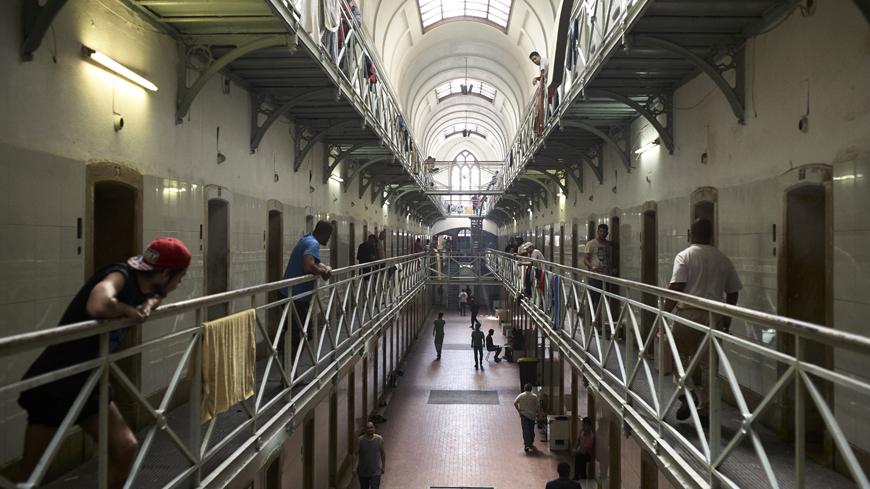Africa-Press – Botswana. NAMIBIA and Botswana have agreed to exchange sentenced prisoners, which will see convicted offenders serve jail terms in their home countries.
The two neighbours discussed the need to have an agreement on the exchange of inmates in 2008 during a meeting of the Botswana and Namibia Joint Permanent Commission on Defence and Security at Francistown.
The deputy minister of home affairs, immigration, safety and security, Daniel Kashikolo, on Wednesday called on the National Assembly to ratify the agreement on the transfer of sentenced individuals between the two countries.
Kashikola said the agreement is in line with the provisions of Section 20 (2) of the Transfer of Convicted Offenders Act of 2005.
He said Section 20 empowers the minister responsible for correctional service to enter into agreements on the transfer of convicted offenders, subject to the ratification of such agreements by the National Assembly.
The latest statistics indicate there is one Namibian national serving a jail term in Botswana, while three Batswana are incarcerated in Namibia.
Although the number of inmates seems low, Kashikola emphasised the importance of inmates serving their sentences close to their families, as it is critical to their rehabilitation.
“The transfer of foreign-sentenced persons to serve their sentences in their home countries is an alternative way of implementing a sentence.
“All things being equal, sentenced persons who serve their sentences in their home countries can be rehabilitated, resocialised, and reintegrated into the community better than elsewhere,” Kashikola argued.
Elma Dienda of the Popular Democratic Movement supported the move.
“Namibians who are sentenced in Botswana need to be rehabilitated adequately to return to any society as changed persons,” Dienda said.
However, with the past experience of more than 35 Namibians being arrested and killed in Botswana anti-poaching operations, Dienda expressed concerns about the treatment of Namibian inmates incarcerated in Botswana.
“We are not sure how incarcerated Namibians are treated in Botswana,” she said.
She also questioned Botswana’s capital punishment as provided in Section 203 of the Penal Code of Botswana.
“If Botswana has a shoot-to-kill policy and capital punishment, how would incarcerated non-nationals be treated in a prison of Botswana?” she asked.
“Therefore, effective bilateral cooperation is essential to advancing Namibia’s external interests with Botswana within the correctional facilities arena,” she said.
For More News And Analysis About Botswana Follow Africa-Press






